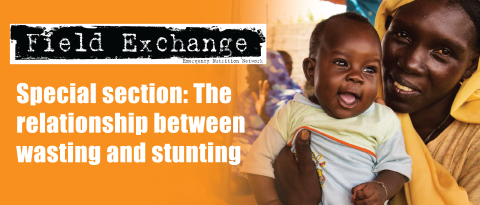Facilitators of ‘good’ and ‘poor’ practice in the distribution of infant formula: Evidence from the 2014-2016 refugee crisis in Europe
This is a summary of the following paper: Gribble K & Palmquist A (2021) ‘We make a mistake with shoes [that’s no problem] but… not with baby milk’: Facilitators of good and poor practice in distribution of infant formula in the 2014-2016 refugee crisis in Europe. Maternal and Child Nutrition. https://www.ncbi.nlm.nih.gov/pmc/articles/PMC8710125/
In low- and middle-income countries, early cessation of breastfeeding remains a concern with infants who are not breastfed having an eight times greater risk of death than their exclusively breastfed counterparts. However, it is often difficult to implement effective infant and young child feeding in emergencies (IYCF-E) interventions and the aid that is provided in emergencies can do more harm than good. Specifically, the inappropriate distribution of infant formula reduces breastfeeding rates which remains an important safeguard against child mortality.
Using a combination of qualitative research approaches – such as rapid ethnographic assessment, narrative elicitation, and semi-structured interviews with 33 individuals – this paper investigated factors that contributed to following ‘good practice’ or following ‘poor practice’ in relation to the Infant and Young Child Feeding in Emergencies Operational Guidance (OG-IFE) during the 2014-2016 European refugee crisis. Factors that contributed to ‘good practice’ were identified as the presence of breastfeeding support, the presence of properly implemented formula feeding programmes, understanding that maternal choice to formula feed should be considered within the risk context of the emergency, and positive personal experiences of breastfeeding. Factors that contributed to ‘poor practice’ were the presence of infant formula donations, the absence of properly managed formula feeding programmes, the belief that maternal choice to formula feed is paramount and should be facilitated, and personal experience of insurmountable breastfeeding challenges and/or formula feeding.
The authors concluded that governments and humanitarian actors should ensure adequate resourcing of and preparedness for IYCF-E programmes, including adequate training. Additionally, organisations should incorporate maternity protection that enables employees to breastfeed as recommended, which can generate positive breastfeeding experiences among staff, who will then pass on good practice to the communities they work with.


